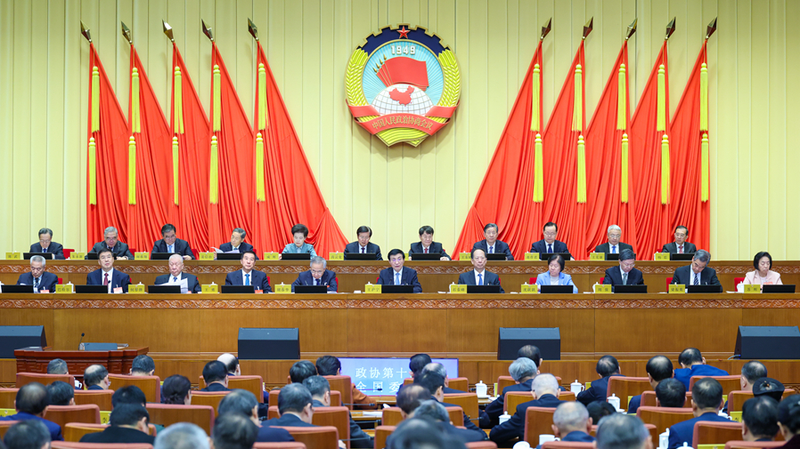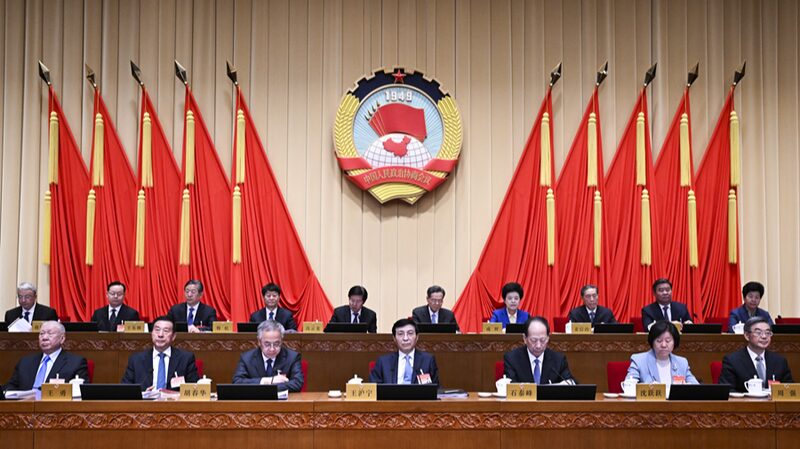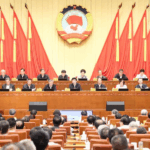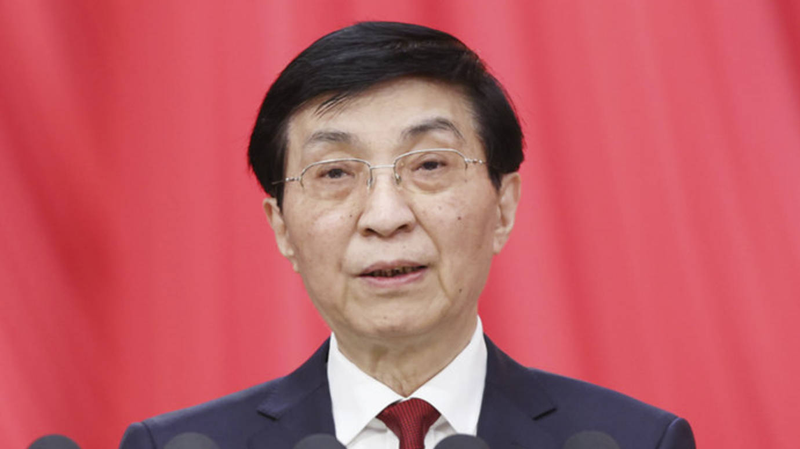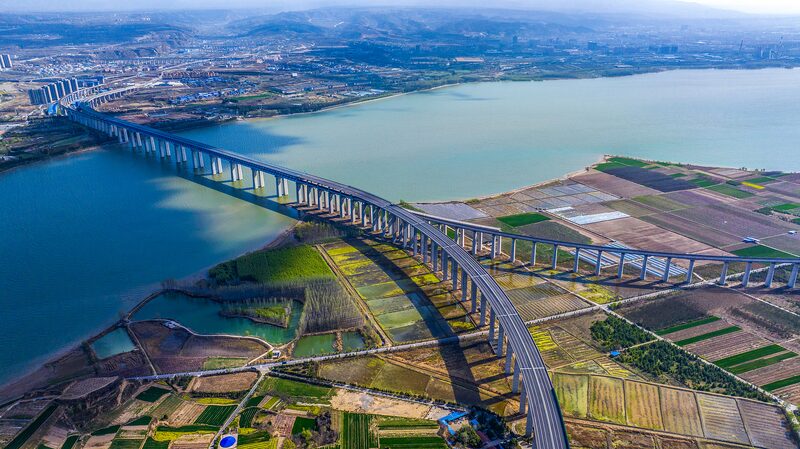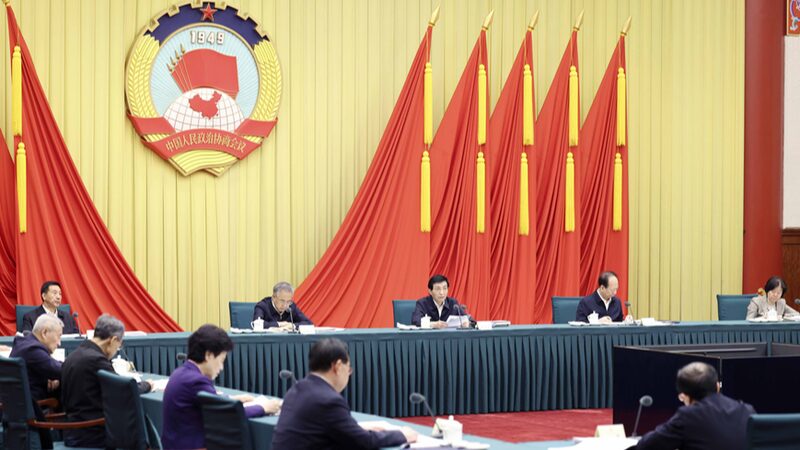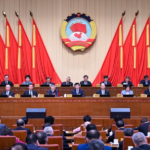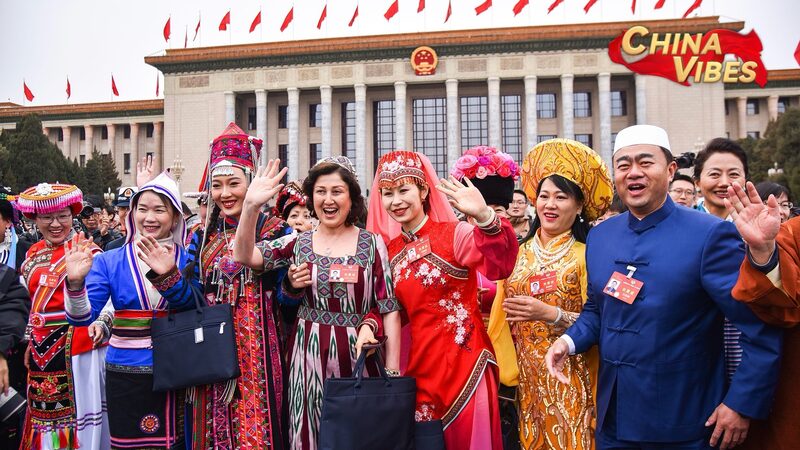The Standing Committee of the 14th Chinese People's Political Consultative Conference (CPPCC) National Committee wrapped up its 14th session on Saturday, marking a pivotal moment in China's political calendar. Chaired by Wang Huning, a senior leader of the Communist Party of China (CPC) Central Committee and CPPCC National Committee chairman, the meeting emphasized aligning advisory work with the CPC's policy directives to advance national development goals.
Prioritizing Consensus for the 15th Five-Year Plan
Wang urged political advisors to deepen their study of the CPC's guiding principles, particularly those outlined at the fourth plenary session of the 20th CPC Central Committee. He highlighted the need to consolidate public support and expertise to shape the upcoming 15th Five-Year Plan (2026-2030), a blueprint critical to achieving Chinese modernization.
Honoring a Revolutionary Legacy
The session also approved plans to commemorate the 160th anniversary of Sun Yat-sen's birth. Sun, a pivotal figure in China's modern history, is celebrated for his role in ending imperial rule. The decision underscores efforts to reinforce historical continuity and national unity amid contemporary challenges.
Strategic Implications for Asia
As China advances its modernization agenda, the outcomes of this session signal potential economic and policy shifts with regional ramifications. Analysts suggest the CPPCC's focus on consensus-building could influence cross-sector collaboration, offering insights for businesses and researchers tracking Asia's evolving governance frameworks.
Reference(s):
China's top political advisory body closes standing committee session
cgtn.com
